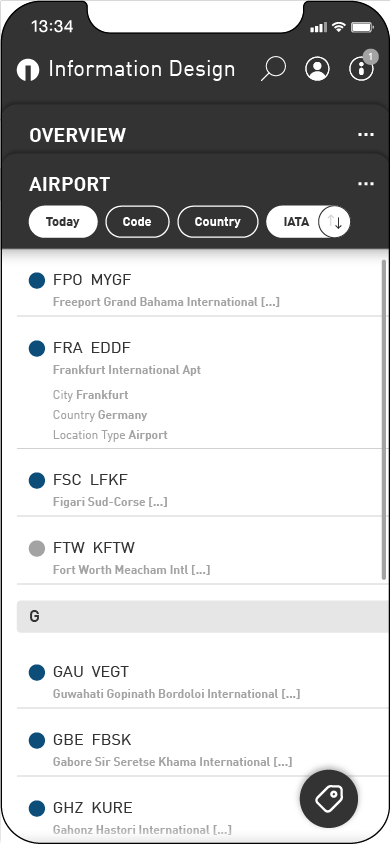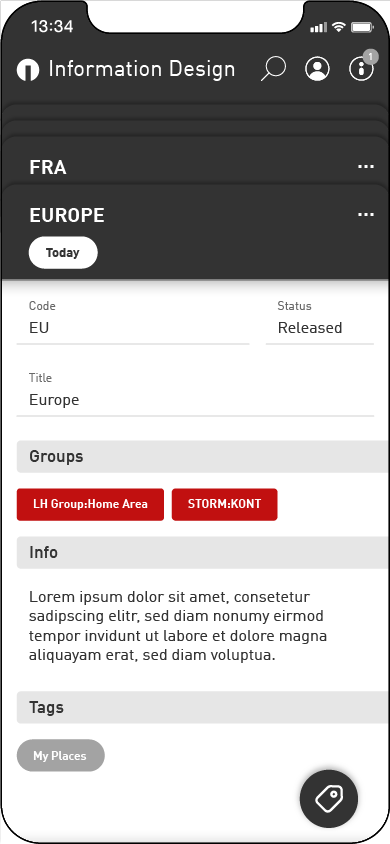No, it’s not. Actually, master data management is a critical driver that enables companies to utilize the vast amount of dynamic data. I love to call Master data the powerhouse that represents the most valuable information a company owns. Subsequently, master data helps every department to deliver their job.
However, the benefits of master data management aren’t apparent to decision-makers from IT and business. That’s why we put together seven key benefits master data management holds.
What Is Master Data Management About?
Let’s quickly start with the theory to get everybody on the same page. Master data management aims to provide a seamless process of providing master data to all relevant processes along a process chain.
In this context, master data management and related master data systems cover the process of collecting master data and subsequently providing it to all relevant systems and stakeholders. Accordingly, a master data system offers a comprehensive and complete set of master data as a single source of truth.
Based on this explanation, master data management, together with a master data system, contributes various benefits to an enterprise’s efficiency and success. So let’s have a look at the essential benefits of master data management.
7 Key Benefits Of Master Data Management
#1 — Reduced Workload
Without central master data management, every department is responsible for collecting and maintaining the master data independently. Accordingly, this leads to a situation where a vast, identical part of master data is collected and maintained by more than one department. In addition, however, every company possesses a considerable amount of collective master data entities. That means several departments are working with and requiring the same set of master data.
With a central master data management, the maintenance effort has to be carried out only once. Therefore, it reduces the workload in business departments due to the reduced or eliminated effort to maintain master data multiple times.
#2 — Central Master Data Management Improves Data Quality
Having one single source of truth that provides all relevant master data directly leads to the benefit of advanced data quality. Conversely, when operating a decentralized process in which several departments maintain their own set of master data, it inevitably leads to differences when it comes to master data. Thus, data quality in this context isn’t only about the correct data and the most up-to-date.
#3 — Data Compliance & Governance Processes
Having all master data in one place enables companies to set up dedicated data compliance and governance processes. Therefore, state-of-the-art master data systems provide the possibility to define structured data responsibilities. . Subsequently, it can be assured that data is —only— managed by the responsible department and persons. Again, this directly leads to improved data quality.
#4 — Reduces time-to-market
One of my favorite benefits. When introducing new applications and systems, a central master data system helps to reduce the setup effort massively. Instead of manually setting up master data within the new solution, connecting it to the primary master data system directly provides the required master data.
#5 — Single Source Of Truth For All Employees Supporting Business Processes
Master data management represents the perfect single source of truth to support business processes. Since many master data systems offer easy-to-use (mobile) applications, employees can access the latest and high-quality master data whenever needed to support their operations. Below you can find some visual examples of a master data app we provide to airlines.



#6 — Improves Decision Making
Master data management offers the possibility to provide a holistic, comprehensive, and complete view of a company’s master data across the entire organization. Therefore, it can be ensured that company-wide decision processes rely on the identical and latest set of master data. Subsequently, it helps executives, senior management, and other employees make informed and fact-based decisions.
#7 — Master Data Management Eliminates Manual Processes And Excel Files
At many companies, master data management still is a highly manual task. Moreover, Excel spreadsheets are a prominent tool when it comes to maintaining master data. However, two disadvantages master data management quickly eliminates.
First of all, manual processes are always a source of failures and a driver of inefficiency. Secondly, although Excel sheets are easy-to-use, they show massive disadvantages when exchanging data with other systems.
Summarized — The Benefits Of Master Data Management
Master data management might have the reputation to cause a high administrative workload (falsely!). But in reality, it’s the opposite: Master data management centralizes and thus reduces manual efforts. As a result, it improves data quality, allows for data governance, and drives efficiency in processes and IT projects.
This makes it a cornerstone for every company that wants to process data and gain reliable insights.
What Do You Think?
Do you already have a master data management system in use? How did you experience the introduction of the system, and what effects have been noticeable in your company and your personal work?
I would be happy to receive your feedback and thoughts. Just hit me up on Twitter or get in touch on LinkedIn.





